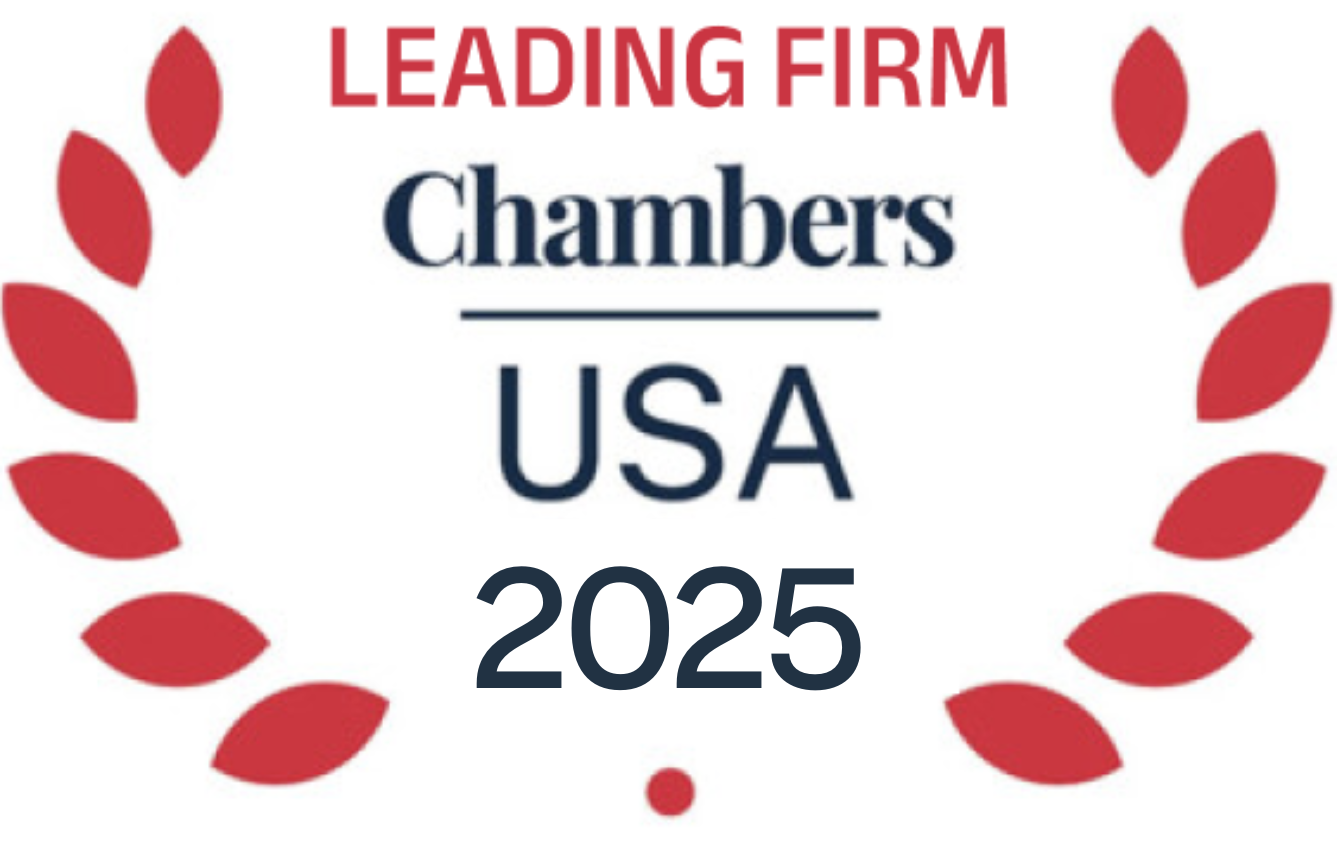Pharmacists, pharmacist technicians, other healthcare professionals, and even pharmacy patients may have information that can form the basis of a qui tam pharmacy fraud lawsuit. Many large retail chain pharmacies, such as Walgreens, CVS, and Rite Aid, have settled False Claims Act whistleblower lawsuits. Whistleblowers have successfully brought False Claims Act cases against pharmacies, Pharmacy Benefit Managers (PBMs), and individual pharmacists.
Want to report pharmacy fraud?
If you have information about a medical provider or institution committing pharmacy fraud, know your rights and protections as a whistleblower. For a free and confidential consultation with an experienced whistleblower attorney, please contact us at 1-800-254-9493 or by filling out the form to the right.
Our lawyers are committed to protecting whistleblowers’ rights and recovering money that was fraudulently taken from the government. Our law firm works with whistleblowers on a contingency basis, which means there is no payment unless funds are recovered and the whistleblower is paid a reward.





